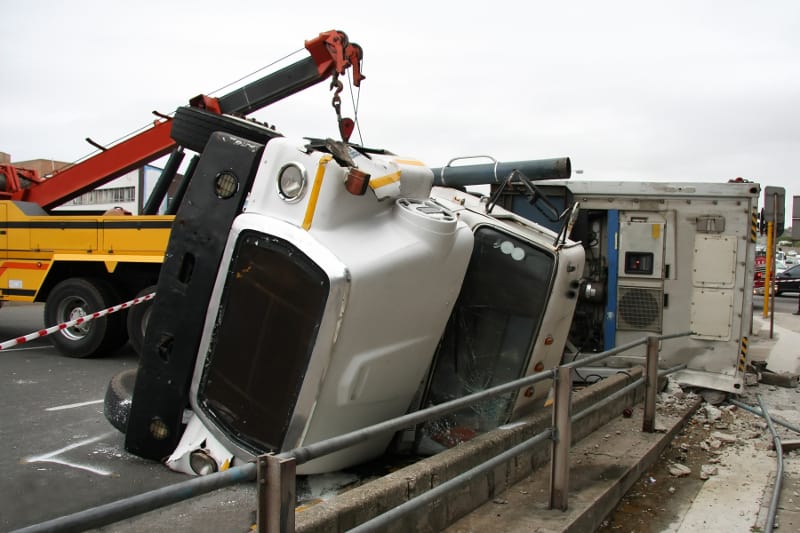
The Central Analysis Bureau (CAB) sounds like some secret government organization, created simply to collect information on unsuspecting Americans. While the nature of CAB’s work is something much less sinister, it remains a highly invisible company for many in the transportation industry but is both a respected and vital source of data for most insurance companies.
“They take all the DOT inspections and violations, log them into a database and average them against all trucking companies (peer groups),” explains Jordan Chastain, vice president of sales for Reliance Partners.
CAB, based in Lakewood, NJ, compiles data and translates that into actionable information for industry, it says. Collecting millions of data points, CAB offers financial analysis tools, motor carrier reports, chameleon detector, business intelligence solutions, monitoring services and vehicle tracking services (crash and violation histories of vehicles and carriers).
Insurers such as Reliance and underwriters rely on CAB to provide accurate pictures of a carrier and its drivers to help insurance professionals create a risk profile. CAB has been doing this for 75 years, working in the background the entire time.
Chastain says that some insurers will put more weight on a fleet’s CAB scores than their actual claims history. CAB provides an alert status for carriers and if a carrier has two or three alerts on its record, some insurers will not insure that carrier even if it has no physical claims.
An alert is issued when the carrier ranks “above national average” in one of the FMCSA’s Safety Measurement System BASIC categories. Those categories are: Unsafe Driving; Crash Indicator; Hours-of-Service Compliance; Vehicle Maintenance; Controlled Substances/Alcohol; Hazardous Materials Compliance; and Driver Fitness.
Chastain said that the maintenance BASIC generates the most alerts for customers. To combat this, he advises conducting proper and complete pre- and post-trip inspections to catch maintenance items in need of attention. Lights are a common violation and yet an easy one to spot in an inspection.
Hours-of-service violations are starting to trend down, he adds, thanks to the proliferation of electronic logging devices.
CAB, though, collects more data on a carrier than just what is inputted in the FMSCA’s BASICs. Its business intelligence solutions offer customized modeling that allows insurers to dig deeper into the data, providing a more accurate picture of a fleet’s risk profile. It’s vehicle tracker service searches inspection, crash and violation history of vehicles and carriers and real-time alerts can notify insurers of a customer that has had a change in status that could affect its risk profile.
In a recent meeting with CAB officials, Chastain says there is now more in-depth reporting available that can help insurers and fleets more accurately pinpoint trouble spots, including individual truck drivers who may have problems that are casting a pale over the entire fleet.
While CAB provides data-driven reporting, it can be changed positively for a carrier. Start by ensuring all laws are being followed, Chastain says, and perform regular and routine maintenance. Also schedule and monitor drivers to ensure they are both rested and driving safely.
“The insurance companies understand that claims are going to happen, even though they don’t want them,” he says. “But they want you to be doing everything you can to prevent claims.”










